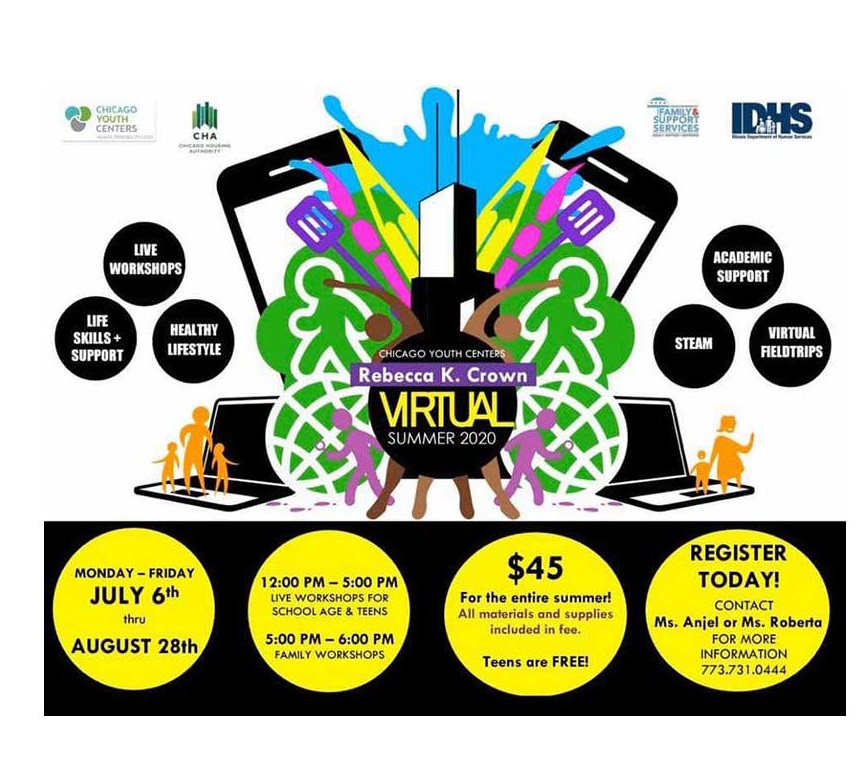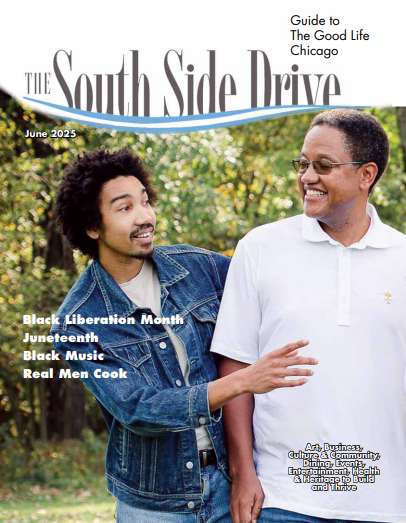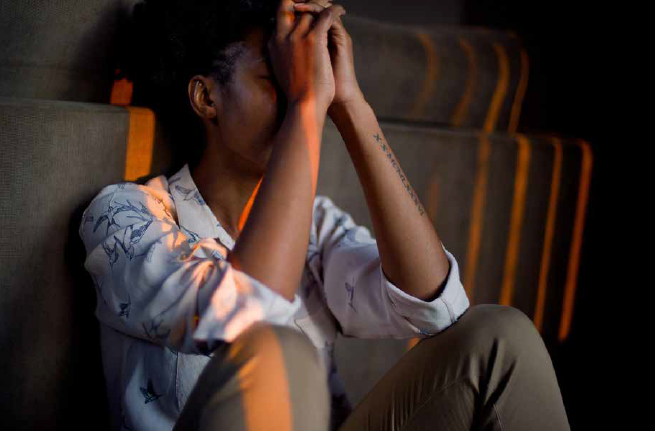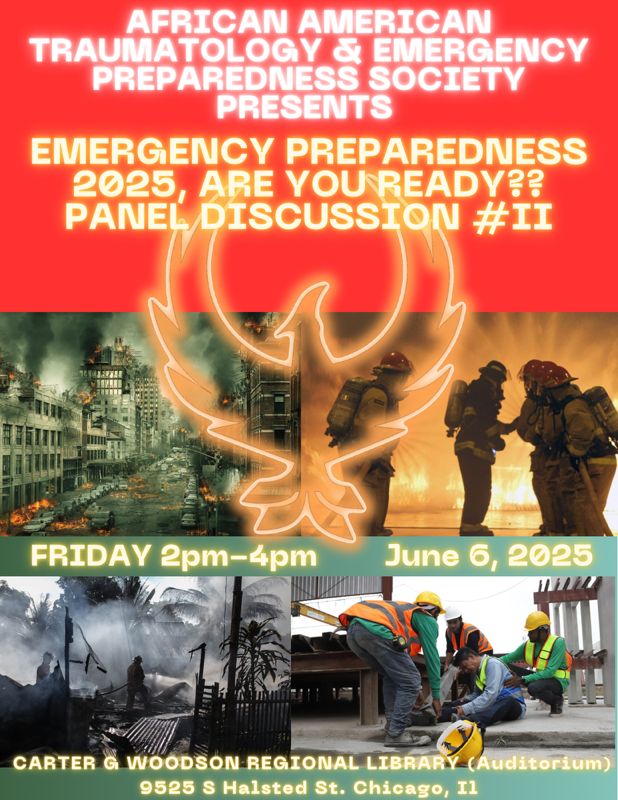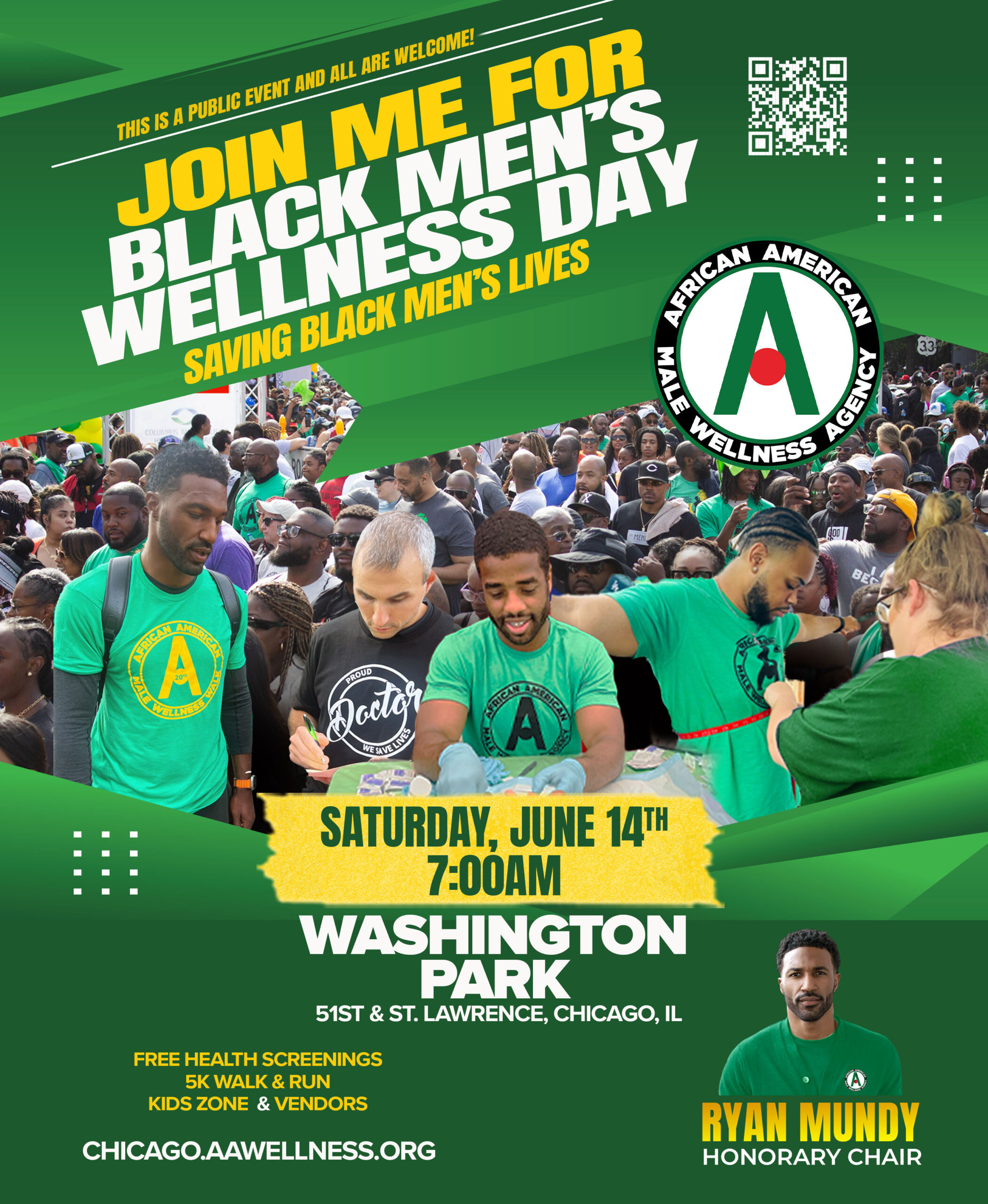Anxiety is the most commonly diagnosed mental condition in the world. There are many varieties, generalized anxiety, panic disorder, social anxiety and the one today we have to be most concerned about PTSD ( Post Traumatic Stress Disorder), made worse by COVID-19 and Racial Tensions here in America. It is not uncommon for one to become stressed when someone fears getting COVID-19. Fear of losing loved ones, loss of job and food shortages are among the top concerns. Add fear of not receiving medical testing or proper medical treatment for Covid-19 … concern with being racially profiled, stopped and/or arrested or shot by the police and just being Black in racist America, you have the perfect storm. By the time you add in the daily microaggressions in the workplace and community and violence in your neighborhoods…Did I mention the possibility of getting caught in the crossfire of gang violence, or becoming homeless? These are all stressful life events that can or have occurred. This is the reality today for marginalized communities where Black and Brown people live. After 400 years of
oppression, we continue to have ongoing stresses that put us as Black and Brown communities at greater risk of developing diseases due to social/political/economical inequalities.
This year 2020 has given our community (African American and other marginalized groups), an even greater predisposition to stress and disease. Racism and Covid-19 is our reality today here in America. The future is uncertain.
Even though our history shows us that we have developed coping skills and adaptive behaviors to deal with the past oppressive onslaughts, today our resilience as people of African descent is challenged. We have greater challenges to survive. Anxiety is high and real in our communities.
Let’s discuss what anxiety looks like and HOW to help ourselves through these stressful times.
INDIVIDUALS MAY PRESENT WITH THESE SYMPTOMS OF ANXIETY:
1. Restlessness – Fidgeting, pacing, shaking leg or other extremities.

2. Difficulty Concentrating – When you constantly worry about your surroundings, your community, causing difficulty at work/school.
3. Nausea & Vomiting – You may experience somatic symptoms, nervous Stomach.
4. Fear of Dying – The fear of doom/death is constant. The thought of imminent danger can come at any moment. May cause one to stop what they are doing and focus on this fear.
5. Muscle Tension – Anxiety can cause muscle spasms, especially in the neck and back. Tensions, headaches; this anxiety can lead to body aches and pains and this may lead to tension and pain being present all the time.
6. Sweating – Some with severe anxiety may experience profuse sweating as though they have exerted themselves physically. This individual should seek medical attention.
7. Shortness of Breath (Sob) and Hyperventilation – These are classical symptoms of a panic attack. The person may have Sob without any reason to justify the symptom. Hyperventilation is common and may cause a person to lose consciousness. During this panic attack it is helpful to breathe into a paper bag to prevent fainting. This individual needs to seek medical attention.
8. Insomnia – People with anxiety have a hard time getting to sleep when their anxiety flares up at bedtime. They may be experiencing racing thoughts, which will make it difficult to fall asleep. They may also have emotional turmoil, having to worry about a test result, or a bill not being paid, or becoming homeless due to the present conditions in America. This is an even greater reality for those most affected by COVID-19 AND RACISM in the African American and Latino communities,
9. Fears – The realities of today brings us very real fears of what the future may hold, or what is occurring every day in our lives in Black and Brown communities
How can we heal ourselves/care for our loved ones in the face of today’s stressful effects of Covid-19 and racial tensions?
We have to practice self-care. Try to eat well, get adequate rest (8 hours sleep), exercise daily. Stay connected to loved ones and communities by SKYPE, FACEBOOK, LINKEDIN, INSTAGRAM, ZOOM, telephone, email and text.
We must look at our strengths and past accomplishments and reach back deep within ourselves and acknowledge these positives and reflect on things that have given us joy.
Socialize each day with loved ones, by the methods discussed above. Practice gratitude. Focus on the positive. Sit quietly by yourself. Count your blessings. Choose to be thankful. Prayer, meditation, mindfulness, Yoga and Tai Chi have all been proven to improve psychological functioning and strengthen our immune systems. These also increase neurotransmitters in the brain that are associated with states of well-being and joy. These practices improve our mood, outlook and positive mental health and improve our will to live.
Spend time with family. Create fun memories. Cook together. Exercise together. Tackle a puzzle together.
When we have practiced the above and still feel overwhelmed to the point we become, isolative, depressed, nonfunctional in our daily lives, we must seek Mental Health Services. Mental illness is a stigma in our community, due to a stain on our reputation and mistrust from medical professionals in the past.
I am reminded of Henrietta Lacks, who in 1951 was diagnosed with terminal cervical cancer at Johns Hopkins Hospital. Cells were snipped and preserved without permission, after doctors discovered they could be kept alive and grown. The result? Her cells were commercialized, resulting in millions in profit for the researchers who patented her tissue. (2010 NPR Interview).

We must be diligent in searching for mental health professionals who understand, our language, our beliefs, and our culture.
Dr. Elisa P. Bell
A Mental Health professional who will be respectful and listen to our concerns while being non-judgmental. One who practices humility and understands how systemic racism has effected and affects our lives every day of our existence. A professional who can acknowledge his or her own implicit bias and is willing to learn and become more Culturally Competent.
When a medical professional practices Cultural Competence there is a greater chance of that licensed professional connecting with his patient, getting a better medical history, making a more accurate diagnosis and rendering the correct medical treatment.
In February 2020, I released my book Are you Culturally Competent? Clinicians discuss the relevance of Cultural Competency in their practices. This book discussed the need for CC, and how culture affects how we practice medicine. It is estimated in the year 2044 America will be 53% minority. Currently the Majority of Medical professionals in America are white,17 % Asian. They must learn to become more CC to provide a correct diagnosis and render the best treatments.
Community-Based Resources
Jackson Park Hospital – https://www.jacksonparkhospital.org/
St. Bernard Hospital – https://www.stbh.org/
Human Resources Development Institute – https://hrdi.org/phone/index.html
Habilitative Systems, Inc. – http://www.habilitative.org/
Trilogy Behavioral Healthcare – https://www.trilogyinc.org/
Elisa P Bell MD, Board Certified Child/Adolescent and Adult Psychiatrist.
